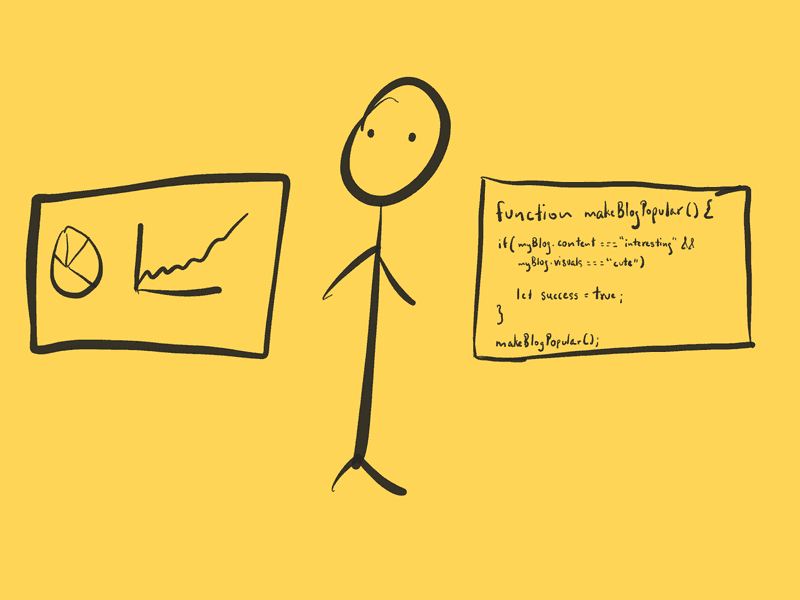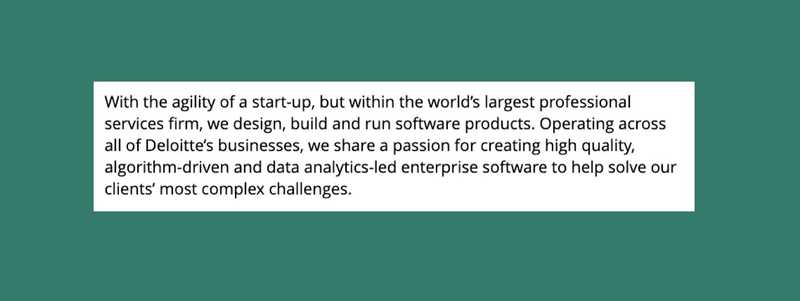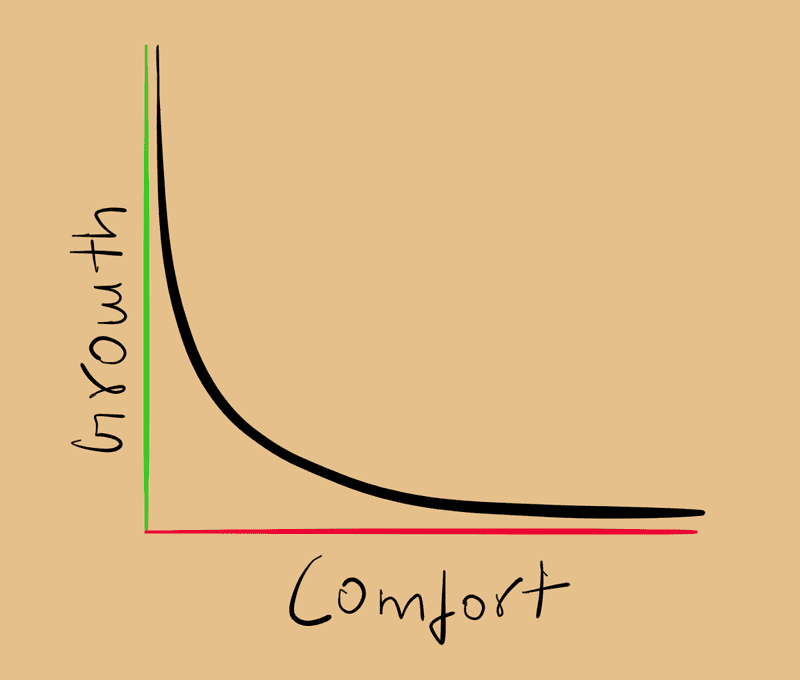Life Update Business School to Software Developer
November 10, 2019
I graduated this July after completing a 4-year degree in Management and Entrepreneurship. 3 weeks ago, I started as a junior developer at Deloitte Product and Engineering.
I just wanted to reflect on my awkward trajectory and share some thoughts on what it feels to go from a history of business education and work, to a role as a developer.
Those of you who know me and my background, know that I did a 3-month web development bootcamp in the summer of 2018. I then went back to university for my final year, super confused about what I actually wanted to do in life. I didn’t have a “calling”, I just knew that I wanted to work on hard problems, and I enjoyed the intersection of business and technology.
I have always enjoyed having an audience for my creations, and I knew that I wanted to work on something that would directly interface with, and impact the end-user. Working at a technology company on some sort of a product seemed like the best option.
I ended up getting rejected by most places I applied to as I did not seem like the right “fit” for their schemes. I then decided to switch from product-focused tech businesses to a broader category — technology consulting.
After looking at fairly underwhelming descriptions of technology consulting at a few places, I came across Deloitte’s Product and Engineering team.
Designing, building and running software products? Yeeessss.
Solving complex challenges? Sign me up. Now.
This team seemed like the perfect place for me to start my career and learn the inner workings of a SaaS (Software as a Service) business. I decided to apply for the role, and after a long and stressful application process, I was in!!
But here’s the kicker…I didn’t actually know what I would be doing. It’s weird, I know. I am certain that I asked the interviewer about my role, but given the anxious + adrenaline-driven state that I was in, I didn’t remember what he said.
It was an awkward few months of me explaining to friends and family that I accepted a job without fully knowing what it would entail. Just before the job started, I had a meeting with someone from the team, along with the 3 other graduates who would also be joining with me. It was then I learned that we have all been hired as software engineers. It sounded great in theory, and then came my first day at work.
Imposter syndrome is a thing
My first task was to learn Angular, since it is the front end framework of choice in our team. This was my first time picking up a development framework that was outside my bootcamp, and I felt a bit scared. Final year of university had left me with no time to practice my coding skills, and here I was starting a job as a front-end developer. What if I can’t learn outside of a structured course? What if I don’t even have a “technical brain?” Am I logical? What is logic???????
Team culture matters
My feelings of being an outsider were quickly squashed by the incredible culture of the team and the sheer amount of supportiveness displayed by everyone. There were times where people were so nice and supportive to a point where I thought it was just sarcasm. It is really fascinating for me to observe this because I only studied about organisational culture in theory, but actually “feeling” the culture in practice was fascinating.
At the same time, I have joined the team at a pivotal stage as things are starting to take off, and we need to think about culture as something that scales. Watching the members of the team take charge and put processes in place for when the business starts to accelerate is such valuable insight and something that I couldn’t have possibly derived from any case study.
Embrace not knowing everything
I went to university to study entrepreneurship because I wanted to learn how to build a technology company. While I thought that I had a decent understanding of what was necessary to start one, being in this team at Deloitte made me realise that making a software business that is scalable and sustainable was something else entirely. There are all these tools, systems and infrastructure requirements that are critical to the success of a modern software business, and I‘m only just starting to learn about it.
As I start to integrate more with the team, I have found it useful to have a growth mindset — believing that knowledge and skills can be learned, instead of it being innate and fixed. I’ve realised that as a developer, you’re going to be stuck, a lot. The sign of a good developer isn’t solely based on how much knowledge you possess, it is also about problem-solving your way out of tough situations.
The career plans I had for myself even a year ago have been turned on its head, and I couldn’t be happier for it. In fact, I am really enjoying the feeling of achieving something tangible as I write code and watch it compile into something more than the sum of its parts.
Sure, things are a bit uncomfortable, but as I have learned over time, growth and comfort cannot coexist.
Until next time.
Karan



